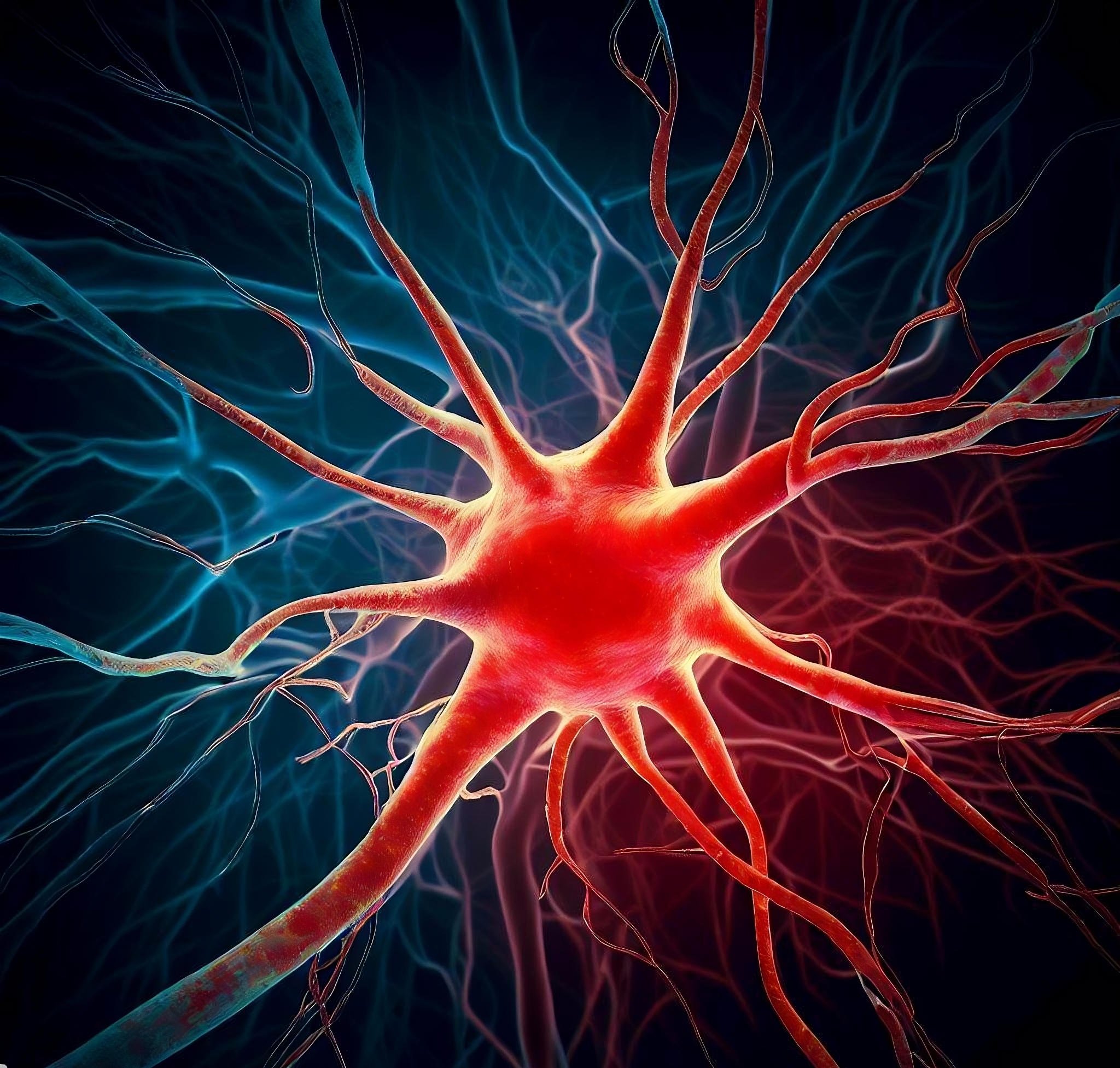维克森林大学医学院科学家的一项新研究表明,以地中海为基础的生酮饮食富含健康脂肪和低碳水化合物蛋白质,可以降低患阿尔茨海默病的风险。 研究人员发现,这种饮食导致肠道微生物组和与阿尔茨海默病相关的生物通路发生显着变化,特别是降低了γ-氨基丁酸 (GABA) 和产生 GABA 的微生物的水平,同时增加了下调的 GABA 水平。 细菌,表明对大脑健康和预防痴呆症有潜在好处。
维克森林大学医学院的科学家发表了一项研究,表明坚持地中海式生酮饮食有可能减少体重减轻。[{” attribute=””>Alzheimer’s disease risk.
The researchers conducted a comparison between a low-fat diet and a modified Mediterranean ketogenic diet, which consists of healthful fats/protein and a lower carbohydrate intake. Their findings revealed that this modified diet brought about significant alterations in a biological pathway associated with Alzheimer’s disease.
The findings were recently published in Alzheimer’s & Dementia: The Journal of the Alzheimer’s Association.
According to the Alzheimer’s Association, more than 6.5 million Americans are living with Alzheimer’s disease, and 1 in 3 seniors die with the disease or another form of dementia.
“We hope that better understanding this complex relationship between diet, cognitive status, and gut health will lead to new interventions to prevent and treat Alzheimer’s disease,” said Suzanne Craft, Ph.D., professor of gerontology and geriatric medicine at Wake Forest University School of Medicine.

Suzanne Craft, Ph.D., professor of gerontology and geriatric medicine at Wake Forest University School of Medicine. Credit: Wake Forest University School of Medicine
This study builds upon previous research from Craft’s team showing that a modified ketogenic diet may prove beneficial in the prevention of cognitive decline.
The randomized, single-site study involved 20 adults, nine diagnosed with mild cognitive impairment (MCI) and 11 with normal cognition. These participants were randomly assigned to follow either the low-carbohydrate modified Mediterranean-ketogenic diet or a low-fat, higher carbohydrate diet for six weeks then, after a six-week “washout” period, to switch to the other diet.
Stool samples were collected from participants at the beginning and end of each diet period, and six weeks after the washout of the second diet to analyze changes in gut microbiome—the good and bad bacteria that live in the gastrointestinal tract.
Researchers found that participants with MCI on the modified Mediterranean ketogenic diet had lower levels of gamma-aminobutyric acid (GABA) and of GABA-producing microbes. Participants on this diet also had higher levels of GABA-regulating bacteria. GABA is the primary inhibitory neurotransmitter in the central nervous system, and GABA dysfunction is associated with neuropsychiatric conditions including Alzheimer’s disease.
“Our study is the first to show that diet modulates GABA differently in MCI,” Craft said.
The study also showed that participants with MCI who had curcumin in their diets also had lower levels of BSH-containing bacteria. These bacteria regulate bile acids produced by the liver and gut. Lower levels suggest reduced gut motility, a phenomenon in which food and waste take longer to transit the gut. Abnormal bile acid profiles have been observed in adults with Alzheimer’s disease.
“These findings provide crucial insight into how diet may affect the microbiome and improve brain health,” Craft said. “Larger studies are needed to assess the role diet interventions play in patients with cognitive impairment.”
Reference: “Effects of a ketogenic and low-fat diet on the human metabolome, microbiome, and foodome in adults at risk for Alzheimer’s disease” by Amanda Hazel Dilmore, Cameron Martino, Bryan J. Neth, Kiana A. West, Jasmine Zemlin, Gibraan Rahman, Morgan Panitchpakdi, Michael J. Meehan, Kelly C. Weldon, Colette Blach, Leyla Schimmel, Rima Kaddurah-Daouk, Pieter C. Dorrestein, Rob Knight, Suzanne Craft and the Alzheimer’s Gut Microbiome Project Consortium, 5 April 2023, Alzheimer’s & Dementia: The Journal of the Alzheimer’s Association.
DOI: 10.1002/alz.13007
The study was funded by the Wake Forest Alzheimer’s Disease Research Center, the Hartman Family Foundation, Roena B. Kulynych Center for Memory and Cognition Research, and the National Institute on Aging.

“社交媒體傳播者。學生。讀者。麻煩製造者。典型的性格內向。”







More Stories
军团士兵在与这一特殊豪华功能相关的两艘独立游轮上爆发:报告
SpaceX 从佛罗里达州发射 23 颗星链卫星(视频和照片)
ULA 在研究 Vulcan 助推器异常的同时,也在调查空气动力学问题